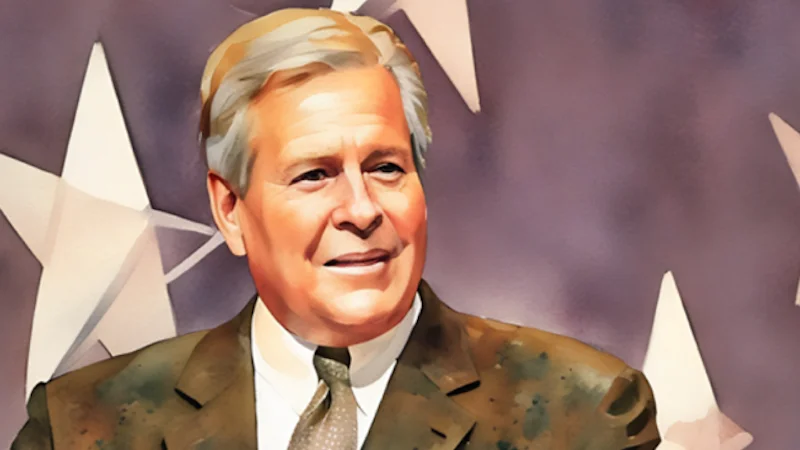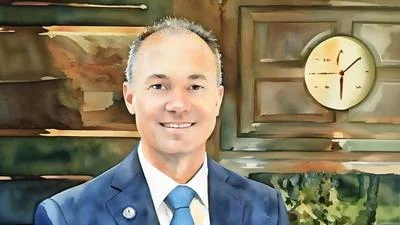Decades of American foreign policy decisions—particularly in the Middle East—have had cascading effects on global stability. From the fall of the Shah of Iran to the Abraham Accords, the strategic choices of U.S. presidents continue to shape the modern world order.
Former U.S. Representative Bob McEwen draws a direct connection between past blunders and present opportunities. Now Executive Director of the Council for National Policy, McEwen argues for a foreign policy rooted in strength, moral clarity, and support for Israel. He sees the Trump administration’s regional realignment and economic pressure on adversaries like Iran and China as the template for restoring America’s global leadership—and sharply criticizes past presidents for the chaos he believes they helped create.
McEwen represented Ohio’s Sixth District before assuming his role at the Council for National Policy. He served on the House Intelligence Committee and has deep ties to Israel and the broader Middle East. He draws a direct line from the Carter administration’s decisions in the region to current instability. “Most of what is going on in the world today is mopping up after one of the most destructive presidents ever in American history,” he asserts.
He details Carter’s role in the fall of the Shah of Iran, America’s longtime ally, and the rise of radical Islamist control. “He put sanctions on all of the businesses in Iran which destroyed those businesses,” sparking a revolution. The resulting chaos, McEwen argues, created a vacuum filled by Ayatollah Khomeini, unleashing decades of destabilization.
McEwen recounts how the Shah of Iran gave Israel his air force during the Yom Kippur War at President Nixon’s request—an act that ultimately “sealed his fate” with radical mullahs. McEwen emphasizes that “America had no better friend than the Iranian people,” and that their downfall stemmed from Carter’s decisions.
By contrast, McEwen argues that President Trump began to reverse this trajectory by cutting funding to the Palestinian Authority and pressuring Arab states to normalize relations with Israel. “Donald Trump said, fine, you don’t have to–we’re not going to give you a daggone dime again,” McEwen explains. “Within three or four months, the Saudis cut off their money; then the UAE.” He adds, “The Arab street didn’t give a s—.”
He points out that Trump’s approach brought alignment in the region. “Notice that in the battle between Israel and Iran, you haven’t heard one single Arab country condemn Israel,” he says. McEwen credits this to Trump’s direct diplomacy: “He talked turkey with them... and God ordained it that he has a dynamic leader in Israel—it’s a magical moment.”
Reflecting on American power, McEwen asserts, “No nation has ever become the premier nation on earth unless it sought that position, knew what it had to do to get there and what it had to do to stay there.” He warns that China and Iran pose dual threats—economic and ideological—and that Trump’s policies are designed to “isolate China financially and economically” while “destroying the leftist, Jew-hating leaders of Iran.”
On the global stage, McEwen recounts George H.W. Bush’s leadership during the Gulf War, contrasting it with Carter’s private pleas for the United Nations to vote against the U.S. “He handwrote letters to every member of the National Security Council... asking them to please vote against the United States of America.”
Trump, McEwen says, “asks the right questions” and displays a leadership style that “people can recognize.” McEwen claims that “we’re going to see peace between Russia and Ukraine in the next few months,” and asserts that Trump’s leadership “can be the beginning of a golden age for America.”
He sums up his view as, “we can turn this country around overnight, and ladies and gentlemen, we’re watching it happen.”








